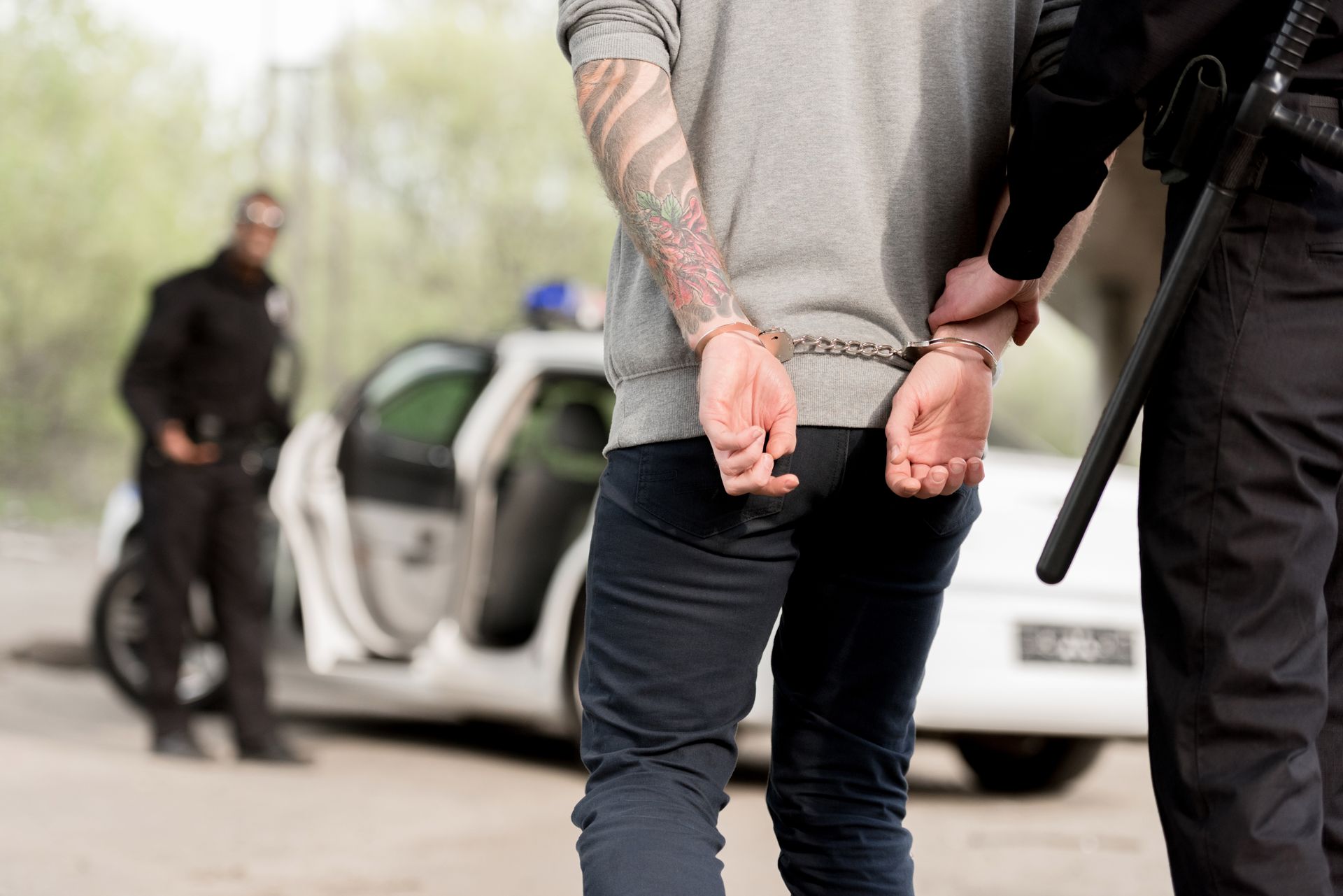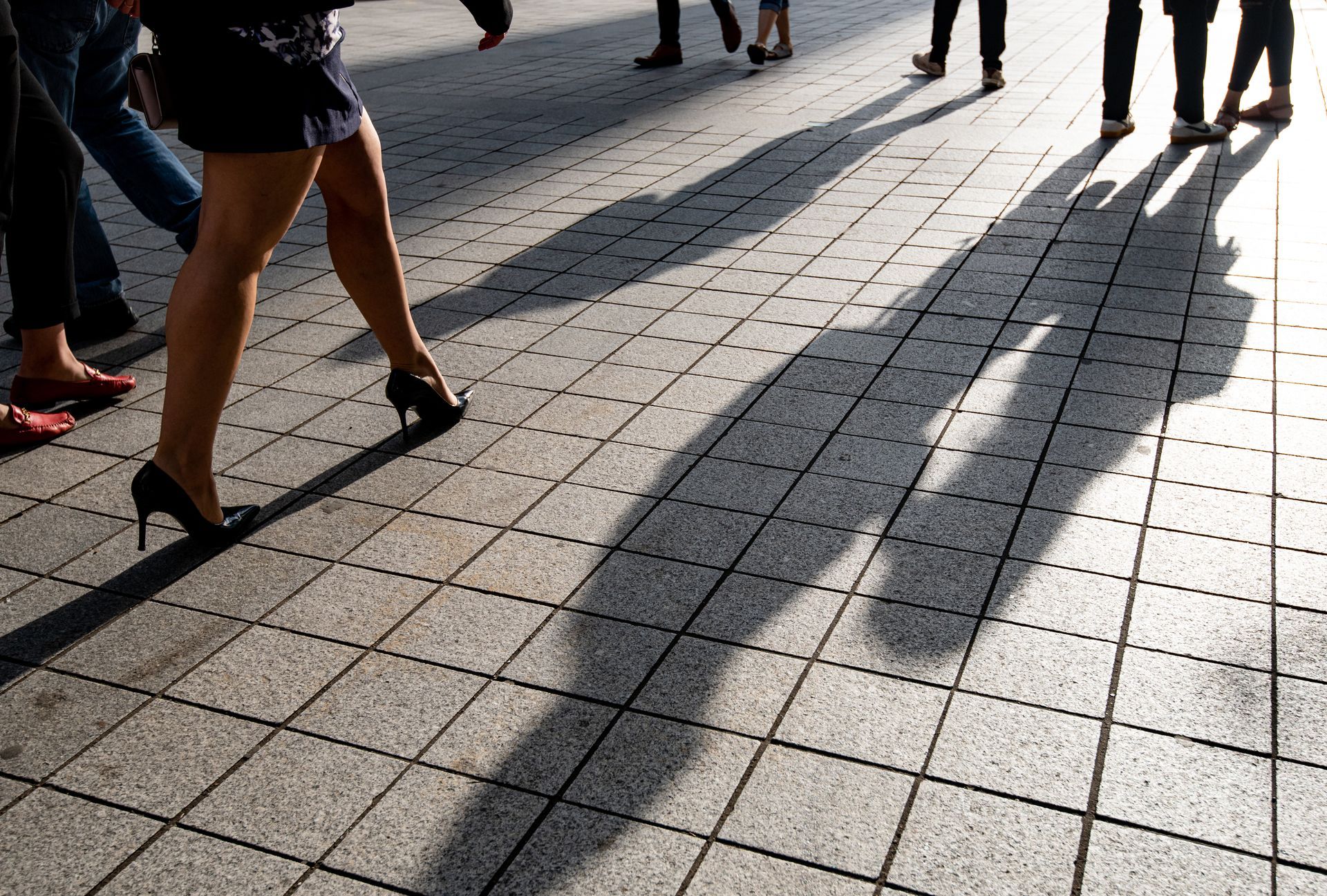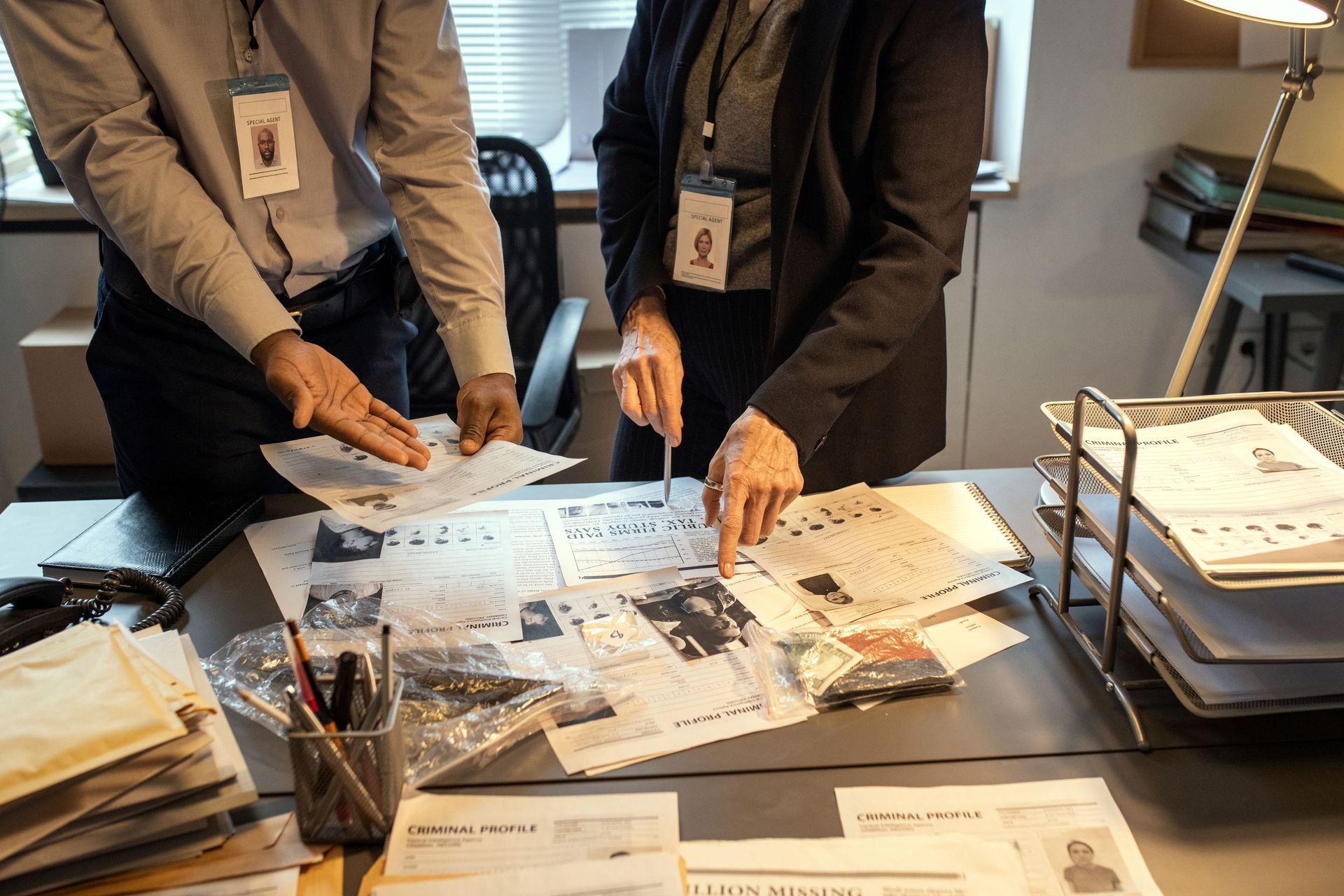
Call Today - Available 24/7
How to Find Legal Assistance for Rape Cases in Florida
Rape cases are not only one of the most heinous and devastating crimes that can be committed, but they also represent a disturbing reality that continues to hurt society. In the
state of Florida, these cases are unfortunately all too common, with victims often facing countless obstacles when seeking justice through the legal system.
Understanding the complexities of the legal process surrounding
rape cases is crucial for both survivors and advocates alike in order to navigate what can be a long journey towards holding perpetrators accountable. This blog will look into the specific challenges faced by rape victims in Florida, as well as provide insight into how individuals can seek justice within a legal framework that often fails to prioritize their needs and rights.
Overcoming Barriers of the Reporting Process
Fear and Shame: Many survivors of sexual assault in Florida face immense fear and shame when considering reporting their assault. This fear often stems from the stigma surrounding rape, as victims may worry about not being believed or being judged by others.
Barriers to Reporting: There are numerous barriers that survivors must navigate when deciding whether to report a rape case in Florida. These barriers can include concerns about privacy, retribution from the perpetrator, lack of knowledge about the legal process, and fears of revictimization through questioning by law enforcement.
Support Services: It is crucial for survivors of sexual assault to be aware of the support services available to them during the reporting process. Organizations such as rape crisis centers, victim advocates, and legal aid services can provide invaluable support and guidance to help survivors navigate the complex legal system while overcoming barriers and stigmas associated with reporting rape cases in Florida.
Legal Challenges in the Court System
In Florida, rape cases face numerous legal challenges that can make seeking justice a complex and difficult process. From evidence collection to court proceedings, survivors often encounter obstacles that hinder their pursuit of justice.
Evidence Collection: Gathering evidence in rape cases can be a delicate and invasive process for survivors. Physical exams, DNA samples, and witness testimony are crucial elements in building a strong case against the perpetrator.
Court Proceedings: Navigating the court system can be overwhelming for survivors of sexual assault. Legal procedures, testimonies, cross-examinations, and potential delays in the judicial process all add to the already traumatic experience of seeking justice after a rape incident.
Survivors must be supported through every step of the legal process to ensure fair treatment and proper representation in court.
Resources Available for Rape Victims in Florida
In the state of Florida, rape victims have certain rights that are protected by law. These include the right to be informed about the progress of their case, the right to participate in court proceedings, and the right to receive notification of important events related to their case. The state of Florida also offers a Victim Compensation Program that provides financial assistance to victims of violent crimes, including rape. This program can help cover expenses such as medical bills, counseling costs, and lost wages due to time off work.
Rape victims in Florida have access to legal resources such as victim advocates who can provide support throughout the legal process. Additionally, there are organizations and law firms specializing in helping sexual assault survivors navigate through the complexities of seeking justice through civil or criminal court cases.
The Prosecution and Conviction Process
Investigation: After a rape is reported, law enforcement conducts an investigation to gather evidence and build a case against the perpetrator. This may involve collecting physical evidence, interviewing witnesses, and examining the crime scene.
Prosecution: Once the investigation is complete, prosecutors decide whether to file charges against the perpetrator. They present this evidence in court to prove that the accused committed the crime beyond a reasonable doubt.
Conviction: If the jury finds the perpetrator guilty based on the evidence presented by prosecutors, they will be convicted of rape. Sentencing typically follows conviction, where judges determine appropriate punishment for offenders. It is essential for survivors of sexual assault to seek justice through legal mechanisms like prosecution and conviction processes.
Contact Hanlon Law for Rape Charges in Orlando, FL
If you need to discuss rape charges in Orlando, Florida, contact Hanlon Law for expert advice on your case. You need a lawyer who not only has the legal expertise but also demonstrates empathy and understanding of the sensitive nature of sexual assault cases. Hanlon Law will ensure that your rights are protected and that you are advocated for during this difficult time. Contact us today for legal assistance.




We serve clients throughout Florida including those in the following localities: Hernando County including Spring Hill; Hillsborough County including Brandon, Riverview, and Tampa; Pinellas County including Clearwater, Largo, Palm Harbor, Pinellas Park, Seminole, and St. Petersburg; and Pasco County including Dade City, Hudson, and New Port Richey.
Clearwater Criminal Defense Lawyer Hanlon Law Website
St. Petersburg Criminal Lawyer Hanlon Law Website
Sarasota Criminal Defense Lawyer Hanlon Law Website
Bradenton Criminal Defense Lawyer Hanlon Law Website
Florida Expungement Lawyer Hanlon Law Website
Tampa Criminal Defense Lawyer Hanlon Law Website
Orlando Criminal Defense Lawyer Hanlon Law Website
This site is protected by reCAPTCHA and the Google Privacy Policy and Terms of Service apply.
Please do not include any confidential or sensitive information in a contact form, text message, or voicemail. The contact form sends information by non-encrypted email, which is not secure. Submitting a contact form, sending a text message, making a phone call, or leaving a voicemail does not create an attorney-client relationship.
All Rights Reserved | Hanlon Law







